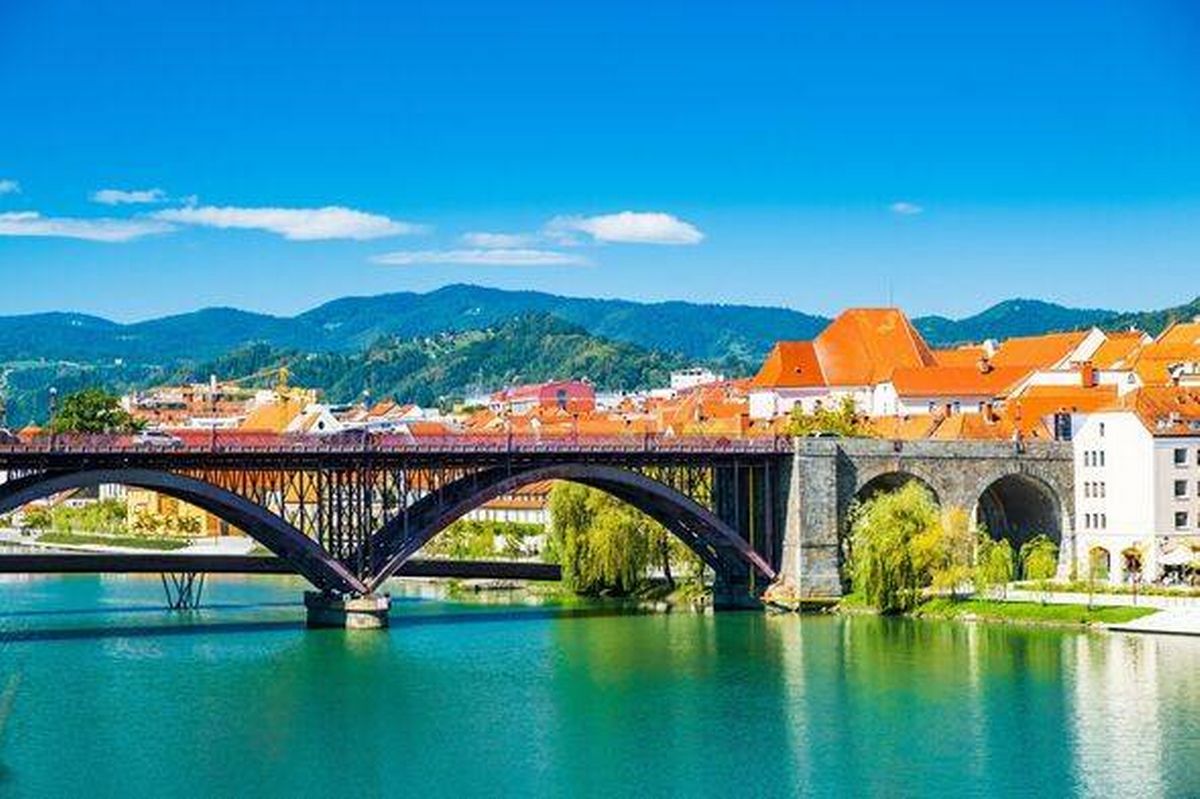YouTube content creator Suitcase Monkey took a tour of a country he described as the ‘best’ destination in Europe that has stunning castles and an ‘iconic’ lake
A stunning European country with flights starting at just £43 is being hailed as one of the continent’s “most overlooked” destinations. From thrilling adventures to rich history and world-class wines, Slovenia offers something for every type of traveller.
The small nation, with a population of just over 2 million, experienced a tourism surge last year, with visitor numbers climbing nine per cent. Around 7.3 million international tourists booked overnight stays in Slovenia in 2025, with nearly one million arriving during July alone.
YouTube travel creator Paul Taylor, better known as Suitcase Monkey, described his Slovenian adventure as “packed but peaceful”. His six-day journey began in the capital Ljubljana, which he praised for being “so central” that it served as an ideal starting point.
In his video, Paul, who dubbed Slovenia the “best most overlooked country”, explained: “Home to just 300,000 people, its river walk is the obvious highlight, but its many offshoots and compact nature make it perfect for finding on foot.
“Whilst walking anywhere in the city it is impossible to miss its most dominant centrepiece and it was our first stop. Ljubljana Castle is worth a visit.”
The magnificent castle can be accessed either via a challenging uphill walk from the city centre or by taking its dedicated funicular railway, which whisks visitors to the historic landmark in approximately two minutes. Paul was particularly impressed by a 4D film at the castle that chronicles the building’s fascinating history.
Paul was particularly fascinated by Slovenia’s recent history. The nation has only existed in its present form since 1991, having formerly been part of the Kingdom of Yugoslavia.
Paul and his wife Chiaki subsequently explored Lake Bled, which boasts an ancient church and “iconic views”. He remarked: “Just watching the world go by from various locations was magical.
“Especially on the more remote western side and this peace and quiet is what I’ll remember.”
Slovenia also features the breathtaking Postojna, a network of underground caverns forming part of the Classical Karst UNESCO World Heritage Site. Those visiting these spectacular caves can embark on a 90-minute train journey weaving through the rocky corridors.
After exploring the impressive cave system, Paul noted: “This is the world’s first underground railway. With almost 4km of track it acts as the grand entry point for Postojna cave, a massive network of passages, tunnels, and an ancient gift shop.
“Although its arrival may grab the headlines, it’s the 120m deep, 24km cave system that makes up the majority of the time for any visit. The caves are full of intricate stalactites and stalagmites.”
Beyond its picturesque landscapes, Slovenia also appeals to thrill-seekers, with the gorgeous Soca River frequently used by rafting enthusiasts. The mountainous landscape is equally popular among canyoning fans.
Flights to Slovenia depart from several UK locations including Heathrow, Manchester, Bristol and Edinburgh. Bargain flights can be found on SkyScanner for as little as £43 from Gatwick.

